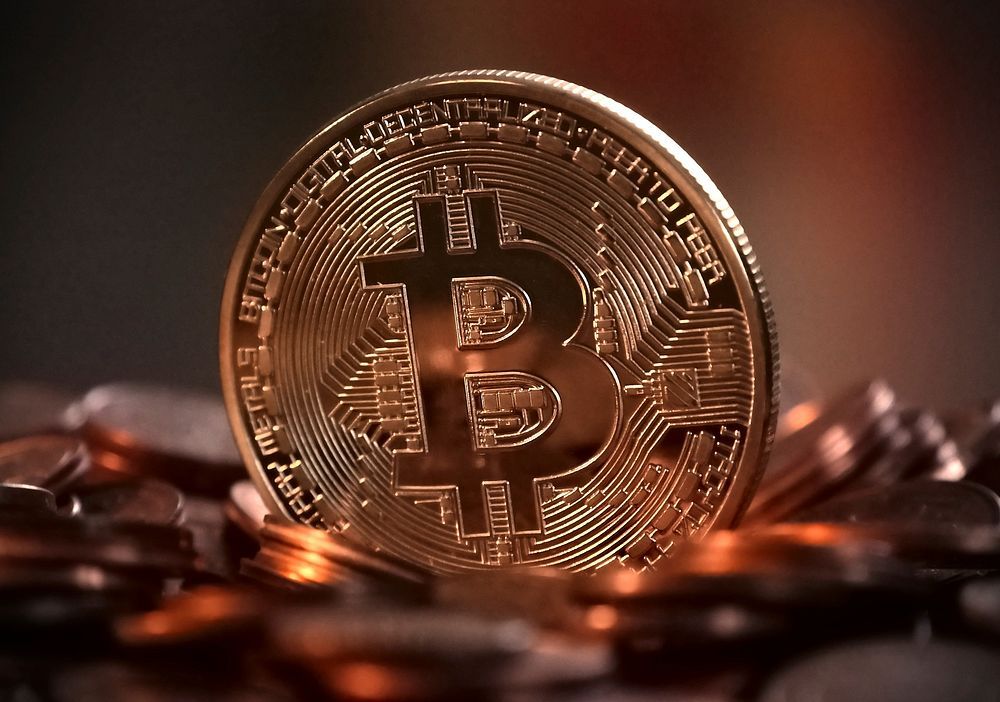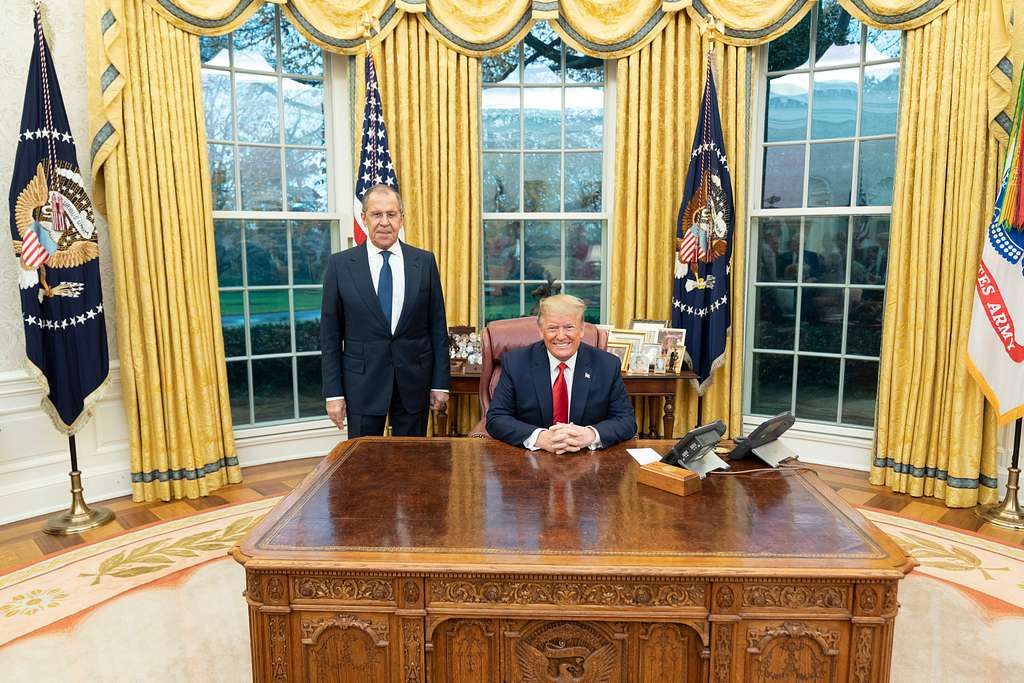July 24: An Exciting and Difficult Day [Hit And Hot News]
![July 24: An Exciting and Difficult Day [Hit And Hot News] 1](https://i0.wp.com/hitandhotnews.com/wp-content/uploads/2024/07/Screenshot_20240724_002206_Calendar_copy_1200x1150.jpg?fit=640%2C613&ssl=1)
Throughout history, July 24 has been associated with both tragedies and victories. Roger II of Sicily and Ranulf II of Alife engaged in a power struggle at the Battle of Nocera in 1132. Concurrently, during the Second Crusade, Louis VII of France besieged Damascus in 1148, which was a turning point in the battle.
Many centuries later, in 1304, King Edward I of England used the War Wolf to take control of Stirling Castle, which was a major victory in the Scottish Independence Wars. One of the bloodiest engagements in Scottish history, the Battle of Harlaw, took place in 1411. Behnam Hadloyo assumed the role of Syriac Orthodox Patriarch of Mardin in 1412.
The people of Leeuwarden, Netherlands, protested against the importation of beer in 1487, during the 15th century. With his claim to the Gaspé Peninsula in 1534, Jacques Cartier increased the size of France’s territory. But Mary, Queen of Scots, was compelled to abdicate in 1567, which began a turbulent chapter in Scottish history.
Antoine de la Mothe Cadillac founded Fort Pontchartrain (now Detroit) in 1701, marking the beginning of the 17th century. The French prevailed decisively at Denain in 1712. Richard March Hoe was the man who patented the rotary printing machine, and Brigham Young led Mormon pioneers into the Salt Lake Valley in 1847.
On July 24, the 20th century witnessed a number of noteworthy occurrences. O. Henry was freed from prison in 1901. The Albanian Revolt came to an end when Shkodër was taken by the Ottoman Empire in 1910. Hiram Bingham III made a second discovery of Machu Picchu in 1911. 844 people perished when the SS Eastland collapsed in Chicago in 1915.
The British Mandate of Palestine was affirmed in 1922. The boundaries of contemporary Turkey were established in 1923 by the Lausanne Treaty. Themistoklis Sofoulis was appointed Greek prime minister in 1924. The Menin Gate War Memorial was dedicated in 1927.
The Kellogg-Briand Pact abstained from war in 1929. The Dust Bowl heat wave peaked in 1935. Operation Gomorrah, which bombed Hamburg, started in 1943. The first rocket launch from Cape Canaveral Air Force Station occurred in 1950. Nixon and Khrushchev engaged in the “Kitchen Debate” in 1959.
The Bluenose II was launched in 1963. Michael Pelkey and Brian Schubert successfully completed the first BASE jump from El Capitan in 1966. Charles de Gaulle said “Vive le Québec libre!” in 1967. The safe splashdown of Apollo 11 in 1969 was a significant milestone in space travel history.
Nixon was compelled by the US Supreme Court to turn over White House tapes in 1974. The Libyan-Egyptian War ended in 1977. Australia triumphed in the men’s 4 × 100 meter medley relay in 1980. In Nagasaki, Japan, a bridge was destroyed by a mudslide in 1982.
The Black July anti-Tamil riots started in Sri Lanka in 1983. The “Pine Tar Incident” took place in 1983. The US supertanker SS Bridgeton ran into mines in 1987. Hulda Crooks, then ninety-one, ascended Mount Fuji in 1987.
Russell Eugene Weston Jr. assaulted the US Capitol in 1998. Flight 121 of Air Fiji crashed in 1999. The attack on Bandaranaike Airport happened in 2001. Aria Air Flight 1525 crashed in 2009.
Girkê Legê was apprehended by the People’s Protection Units in 2012. A high-speed train in Spain had a derailment in 2013. Air Algérie Flight 5017 went down in 2014. Boris Johnson was appointed Prime Minister of the United Kingdom in 2019.








